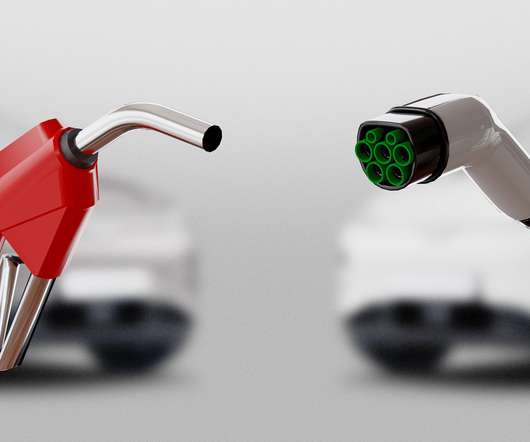Fuel economy measures could cut Commonwealth countries’ cumulative oil bill by US$3.2T through 2050
Green Car Congress
NOVEMBER 22, 2012
Commonwealth countries can cut their cumulative oil bill by £2 trillion (US$3.2 The number of road vehicles, and road fuel use, in Commonwealth countries could double by 2030 and increase four-fold by 2050. The most important price signal that will spur consumers to save fuel is a tax on that fuel; Set fuel economy standards.




















Let's personalize your content